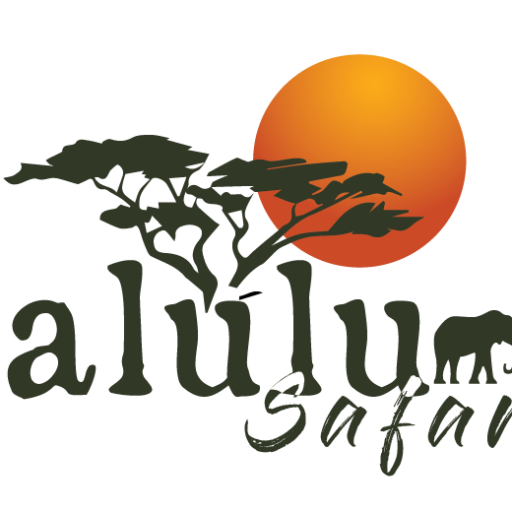A Comprehensive Guide to Safari Planning: Tips for an Unforgettable African Adventure
Introduction
Embarking on an African safari is the ultimate adventure for nature enthusiasts and wildlife lovers. An African safari planning process requires careful thought and preparation to ensure an extraordinary experience that meets your expectations. Whether you’re dreaming of the Serengeti’s expansive plains, the Maasai Mara’s predator-rich savannahs, or the unique landscapes of Kruger National Park, planning every aspect of your safari is essential for success.
This comprehensive guide will walk you through African safari planning, offering tips on selecting the right destination, knowing the best times to visit, packing essentials, and more. With the right preparation, your journey into Africa’s wild will be an unforgettable adventure filled with breathtaking landscapes, vibrant cultures, and incredible wildlife encounters.
Choosing the Ideal Safari Destination
Africa is home to diverse ecosystems, each offering unique experiences. During your African safari planning, consider what excites you most—whether it’s witnessing the Great Migration in Tanzania and Kenya, spotting the “Big Five” in South Africa, or exploring the biodiversity of Botswana’s Okavango Delta.
Top Safari Destinations to Consider:
- Tanzania’s Serengeti and Ngorongoro Crater: Ideal for witnessing the Great Migration and spotting diverse wildlife.
- Kenya’s Maasai Mara: Known for its dramatic predator-prey interactions and cultural experiences.
- South Africa’s Kruger National Park: Offers a wide range of accommodations and excellent wildlife diversity.
- Botswana’s Okavango Delta: Perfect for water-based safaris and birdwatching enthusiasts.
- Namibia’s Etosha National Park: Renowned for unique desert-adapted wildlife species.
Research each destination to determine which aligns best with your interests, budget, and travel goals.
Best Times to Visit
Timing plays a critical role in African safari planning. Wildlife sightings and weather conditions vary throughout the year, so consider what you want to see when choosing your travel dates.
- High Season (Dry Season): Typically June to October, the dry season offers optimal game-viewing opportunities as animals gather around waterholes.
- Shoulder Season: Offers a balance between good wildlife sightings and fewer crowds.
- Low Season (Rainy Season): Ideal for birdwatching and lush landscapes, with lower costs but less concentrated wildlife.
Packing Essentials
Packing efficiently is vital for a comfortable safari. Here’s a list of essentials:
- Lightweight, neutral-colored clothing to blend into the environment.
- A wide-brimmed hat and polarized sunglasses for sun protection.
- Durable walking shoes for bushwalks.
- High-quality binoculars for better wildlife viewing.
- A good camera with zoom lenses to capture unforgettable moments.
- A compact first-aid kit, insect repellent, and sunscreen.
Remember to pack light, as domestic flights within Africa often have strict luggage restrictions.
Health and Safety Precautions
Health and safety should always be a priority in African safari planning.
- Vaccinations and Medications: Visit your doctor to discuss required vaccinations, such as yellow fever, and preventive measures for malaria.
- Travel Insurance: Choose comprehensive insurance covering medical emergencies and trip cancellations.
- Wildlife Safety: Always follow your guide’s instructions, stay inside the vehicle during game drives, and never approach wildlife.
- Personal Safety: Keep valuables secure and avoid leaving food unattended to prevent attracting animals.
Booking the Right Safari Operator
The safari operator you choose can make or break your experience. Reputable operators will ensure your African safari planning results in a seamless and enjoyable trip. Look for operators that prioritize sustainability and have excellent reviews from past travelers.
- Sustainability Matters: Opt for operators that support conservation and work with local communities.
- Group Size: Consider whether you prefer a private safari or a group tour, as this will affect your experience.
- Expert Guides: Ensure your guide is knowledgeable about the area and its wildlife.
Understanding Safari Etiquette
Practicing proper etiquette is crucial for a responsible and respectful safari. Here are some key guidelines:
- Keep noise levels low to avoid disturbing wildlife.
- Avoid feeding or touching animals, as it can disrupt their natural behaviors.
- Stay on designated paths during walking safaris to protect the ecosystem.
Responsible tourism during African safari planning helps ensure future generations can enjoy these incredible experiences.
Cultural Experiences and Community Impact
An African safari isn’t just about wildlife; it’s also an opportunity to immerse yourself in local cultures. Many safaris offer visits to Maasai villages or opportunities to support local artisans. Being mindful of your cultural interactions contributes to a more enriching experience.
Conclusion
African safari planning is the cornerstone of an unforgettable adventure. By choosing the right destination, considering the best times to visit, packing smartly, and following safety guidelines, you can create a journey that will leave you in awe of Africa’s beauty and diversity.
Respect the wildlife and local communities, and take time to appreciate the stunning landscapes and cultural richness. With these tips, your African safari planning will lead to an extraordinary experience that combines adventure, discovery, and conservation.
Embark on your African safari with confidence and get ready to create memories that will last a lifetime!






